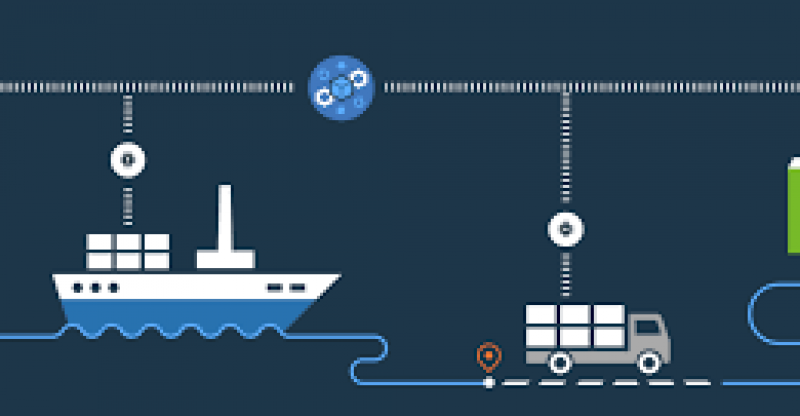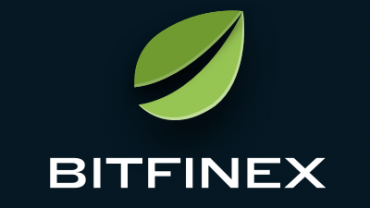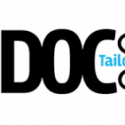Manufacturing and Blockchain Technologies
The industrial world has experienced considerable changes since the revolutions of the 18th and 19th centuries. Supply chains are more and more complex and industry demands less manual labor. Innovation nowadays is the major key to success. We can’t keep up with existing, time-consuming approaches to completing tasks.
Blockchain technology is known for its decentralized, consensus-based approach. This helps in proving the veracity of each user’s claims and assertions. It also offers a promising solution to having a more equitable world. It is true that blockchain technology alone cannot handle all a manufacturer’s problems. However the potential offered by the technology is huge.
According to the Industry Week, 27% manufacturers predict an increase in revenues of 10% or more per year in the next five years. That is, if the 20th century logic of the corporate bottom line is been applied to the actual outlook, with the non-negligible population growth factor that will push the manufacturing industry into a constant quest for efficiency, reliability, seamlessness and speed.
30% of manufacturers expect a revenue increase of 5 to 10%. The issue lies in the fact that this growth comes with a lot of challenges, especially in resource shortages and environmental and efficiency imperatives.
Companies are aware of the fact that to sustain their businesses, their SCM must be anticipatory, adaptive and environmentally aware. This of course does not give a 100% guaranty of profit. There are still challenges that will occur due to friction and waste from time lags, price arbitrage and similar bottlenecks. Such challenges must be solved within the context of an ever-widening array of possible business relationships.
Nowadays, to meet some of the core needs in any manufacturing supply chain, companies now invest a lot in trusted supply chain networks, involving on-boarding new suppliers through a laborious due-diligence and compliance process.
In order for blockchain to address all these issues, they have a common data architecture that lets non-trusting parties more securely share information. Blockchain permanently records transactions in a way that the record cannot be tampered with. This is not the case for centralized databases that can be altered after an entry has been made. In other words, blockchain enhances the trust among organizations and adds another level of security and reliability to a supply chain’s information system.




